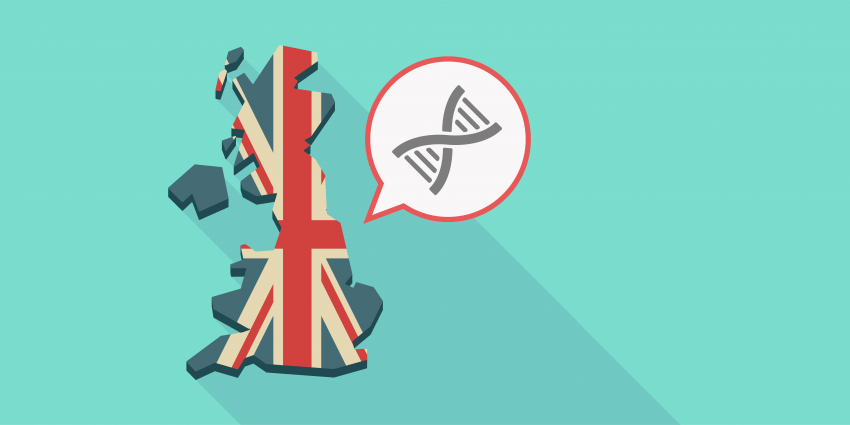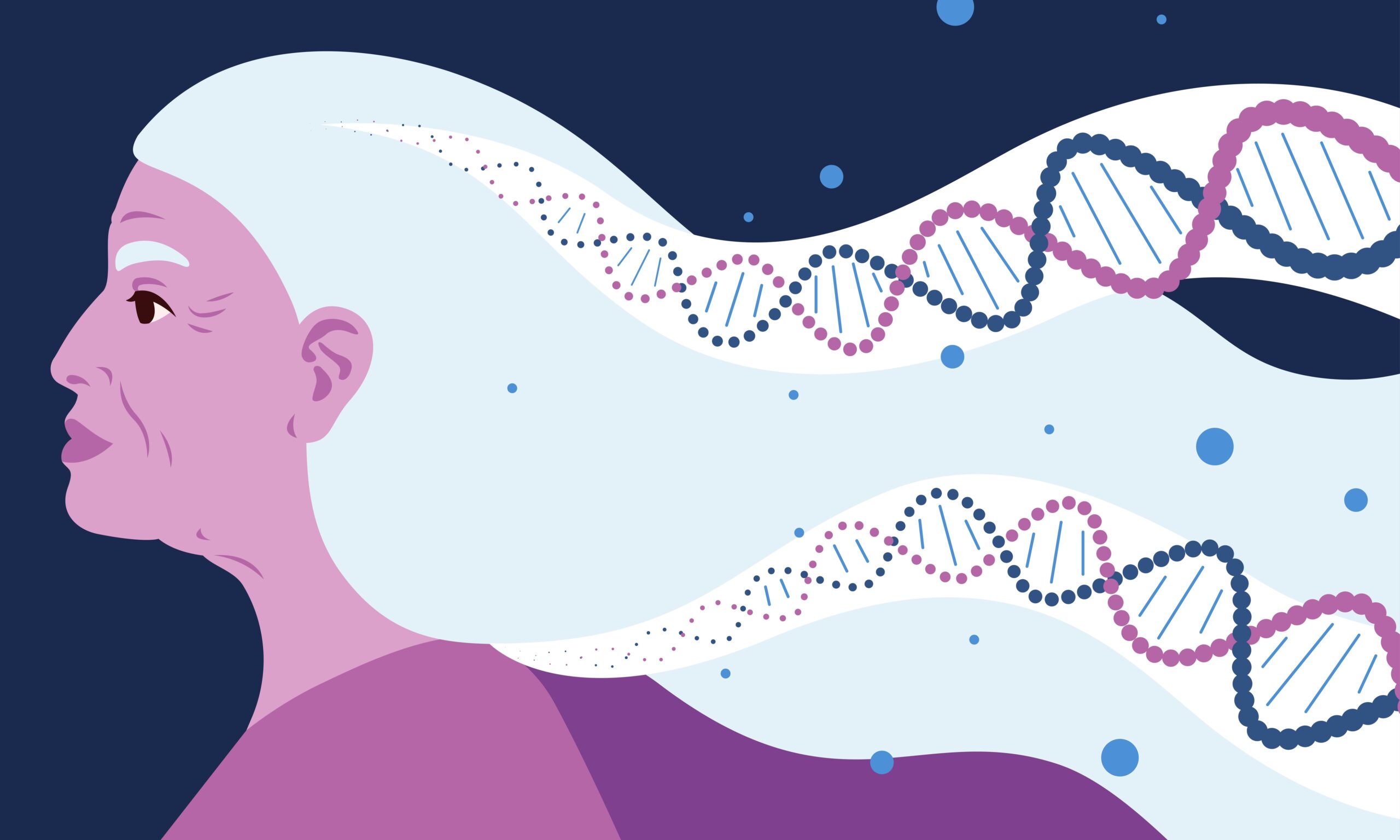About us
Learn how GA4GH helps expand responsible genomic data use to benefit human health.
Learn how GA4GH helps expand responsible genomic data use to benefit human health.
Our Strategic Road Map defines strategies, standards, and policy frameworks to support responsible global use of genomic and related health data.
Discover how a meeting of 50 leaders in genomics and medicine led to an alliance uniting more than 5,000 individuals and organisations to benefit human health.
GA4GH Inc. is a not-for-profit organisation that supports the global GA4GH community.
The GA4GH Council, consisting of the Executive Committee, Strategic Leadership Committee, and Product Steering Committee, guides our collaborative, globe-spanning alliance.
The Funders Forum brings together organisations that offer both financial support and strategic guidance.
The EDI Advisory Group responds to issues raised in the GA4GH community, finding equitable, inclusive ways to build products that benefit diverse groups.
Distributed across a number of Host Institutions, our staff team supports the mission and operations of GA4GH.
Curious who we are? Meet the people and organisations across six continents who make up GA4GH.
More than 500 organisations connected to genomics — in healthcare, research, patient advocacy, industry, and beyond — have signed onto the mission and vision of GA4GH as Organisational Members.
These core Organisational Members are genomic data initiatives that have committed resources to guide GA4GH work and pilot our products.
This subset of Organisational Members whose networks or infrastructure align with GA4GH priorities has made a long-term commitment to engaging with our community.
Local and national organisations assign experts to spend at least 30% of their time building GA4GH products.
Anyone working in genomics and related fields is invited to participate in our inclusive community by creating and using new products.
Wondering what GA4GH does? Learn how we find and overcome challenges to expanding responsible genomic data use for the benefit of human health.
Study Groups define needs. Participants survey the landscape of the genomics and health community and determine whether GA4GH can help.
Work Streams create products. Community members join together to develop technical standards, policy frameworks, and policy tools that overcome hurdles to international genomic data use.
GIF solves problems. Organisations in the forum pilot GA4GH products in real-world situations. Along the way, they troubleshoot products, suggest updates, and flag additional needs.
GIF Projects are community-led initiatives that put GA4GH products into practice in real-world scenarios.
The GIF AMA programme produces events and resources to address implementation questions and challenges.
NIF finds challenges and opportunities in genomics at a global scale. National programmes meet to share best practices, avoid incompatabilities, and help translate genomics into benefits for human health.
Communities of Interest find challenges and opportunities in areas such as rare disease, cancer, and infectious disease. Participants pinpoint real-world problems that would benefit from broad data use.
The Technical Alignment Subcommittee (TASC) supports harmonisation, interoperability, and technical alignment across GA4GH products.
Find out what’s happening with up to the minute meeting schedules for the GA4GH community.
See all our products — always free and open-source. Do you work on cloud genomics, data discovery, user access, data security or regulatory policy and ethics? Need to represent genomic, phenotypic, or clinical data? We’ve got a solution for you.
All GA4GH standards, frameworks, and tools follow the Product Development and Approval Process before being officially adopted.
Learn how other organisations have implemented GA4GH products to solve real-world problems.
Help us transform the future of genomic data use! See how GA4GH can benefit you — whether you’re using our products, writing our standards, subscribing to a newsletter, or more.
Join our community! Explore opportunities to participate in or lead GA4GH activities.
Help create new global standards and frameworks for responsible genomic data use.
Align your organisation with the GA4GH mission and vision.
Want to advance both your career and responsible genomic data sharing at the same time? See our open leadership opportunities.
Join our international team and help us advance genomic data use for the benefit of human health.
Discover current opportunities to engage with GA4GH. Share feedback on our products, apply for volunteer leadership roles, and contribute your expertise to shape the future of genomic data sharing.
Solve real problems by aligning your organisation with the world’s genomics standards. We offer software dvelopers both customisable and out-of-the-box solutions to help you get started.
Learn more about upcoming GA4GH events. See reports and recordings from our past events.
Speak directly to the global genomics and health community while supporting GA4GH strategy.
Be the first to hear about the latest GA4GH products, upcoming meetings, new initiatives, and more.
Questions? We would love to hear from you.
Read news, stories, and insights from the forefront of genomic and clinical data use.
Publishes regular briefs exploring laws and regulations, including data protection laws, that impact genomic and related health data sharing
Translates findings from studies on public attitudes towards genomic data sharing into short blog posts, with a particular focus on policy implications
Attend an upcoming GA4GH event, or view meeting reports from past events.
See new projects, updates, and calls for support from the Work Streams.
Read academic papers coauthored by GA4GH contributors.
Listen to our podcast OmicsXchange, featuring discussions from leaders in the world of genomics, health, and data sharing.
Check out our videos, then subscribe to our YouTube channel for more content.
View the latest GA4GH updates, Genomics and Health News, Implementation Notes, GDPR Briefs, and more.
23 Feb 2018
Vivienne Parry, Head of Engagement at Genomics England, discusses the 100,000 Genomes Project Participant Panel and the critical impact its voice has on the activities of the organization.

Earlier this week, Genomics England—a GA4GH Driver Project—reached an important milestone: the national initiative to sequence the genomes of 100,000 individuals through the UK National Health Service announced it is halfway to that goal. At the heart of the endeavor is the 100,000 Genomes Project Participant Panel, a group of cancer and rare disease patients, along with their parents and caregivers, who provide guidance to the initiative. The aim of the Participant Panel is to ensure that the public’s interests remain at the forefront of the organization’s activities. Below, Genomics England’s Head of Engagement, Vivienne Parry, discusses some of the benefits and challenges faced by the Panel.
What is it? A bill? A speeding ticket? Well actually it’s just a newsletter sent to many of the participants in the 100,000 Genomes Project. But they think it’s a letter telling them their results from the project are in.
Indeed, “some people don’t open it for two weeks because they can’t gather up the courage.” That’s according to members of the 100,000 Genomes Project Participant Panel and it was a key insight for us when we heard it.
There we were thinking we were being helpful, keeping our participants up to date by producing a newsletter with lots of user generated content, only to discover that its arrival was more likely to cause alarm than enlightenment.
All of the members of the Panel—around 30 outstanding and special people—have skin in the game.
‘If your genome is in it, you can be on it’— that is our mantra. Whilst this initially led to disappointment from some individuals and groups who felt they could ‘represent’ the participants, our policy was clear: you have to be in it and living it.
One reason behind this approach is that members of the panel also sit on Genomic England’s Data Access Committee—the body that approves requests to access the 100,000 Genomes dataset. We believe it is critical that those who actually have data in the project have a say in who has access to it.
The panel members are diverse in their age, gender, geography, conditions, and interests although we are not yet sufficiently diverse in terms of ethnicity. They are engaged, committed and determined to make a difference. Their brief is broad and we at Genomics England are entirely open to them. If there is anyone they want to call in—be it a researcher, a clinician, an ethicist, or anyone in between—we ensure that person appears before the Panel to answer their questions. Equally the panel has become the go-to body for many interested in how genomics should be rolled out more widely.
The panel provides an authentic voice which is proving essential in determining how, where, and by whom results are made available. The members are shaping future genomics services in the NHS and the style and content of consent, communication, and wider participant involvement. At times their perspective is not what we expect—as with the newsletter example—but that only helps us get closer to where we need to be. Their impact on the way we operate is substantial and the Panel is now fundamental to the way we work.
One unanticipated consequence has been the impact on our bioinformatics colleagues. Everything they do is dedicated to finding results for participants, yet they never meet them. Meeting real participants and seeing the impact their long hours of work can have is deeply meaningful for them.
And our newsletter? We now send it out in an envelope clearly marked ‘This is the latest 100,000 Genomes Project newsletter.’ Participants read it and we don’t accidentally terrify the very people we care about most.
